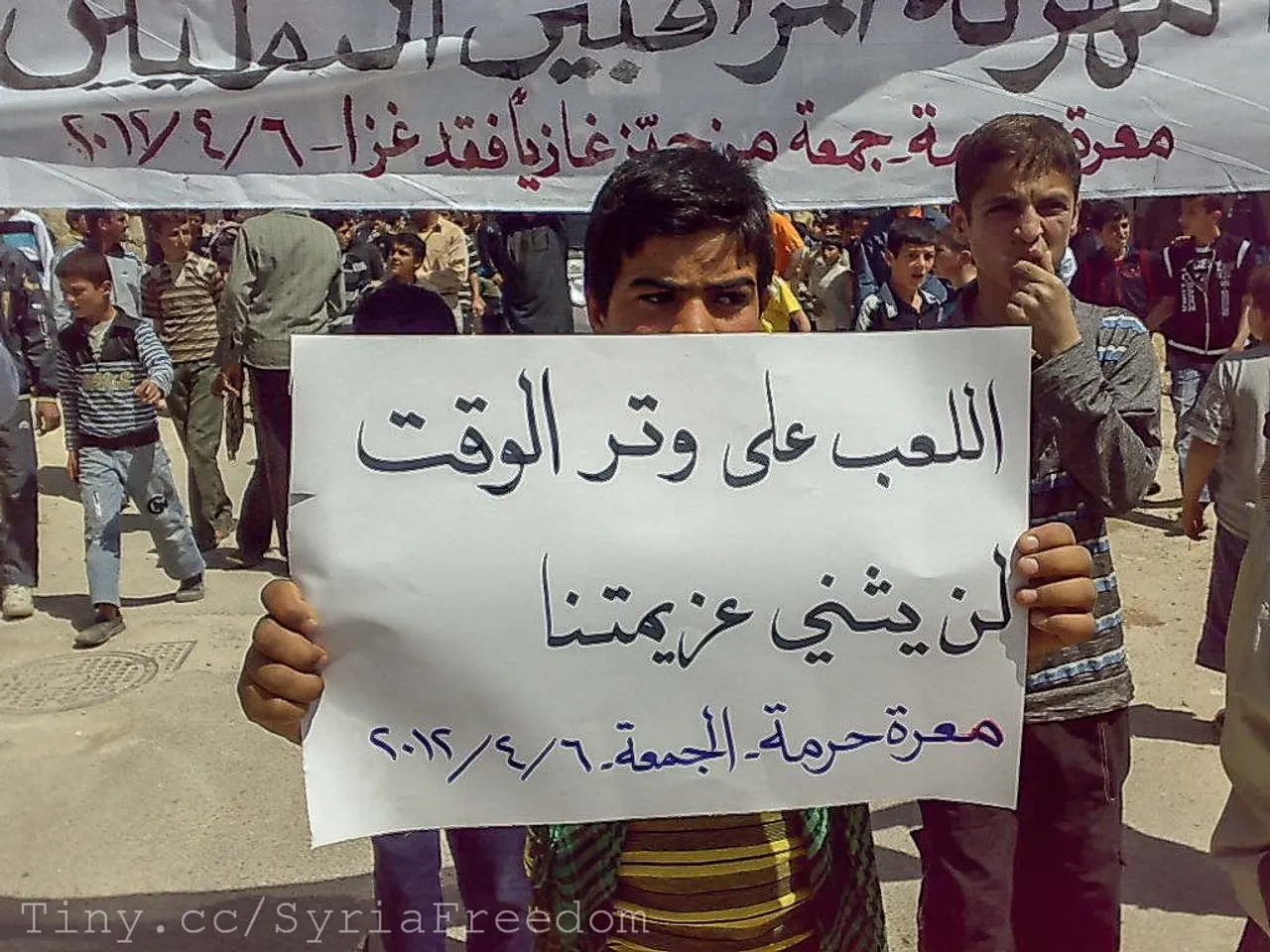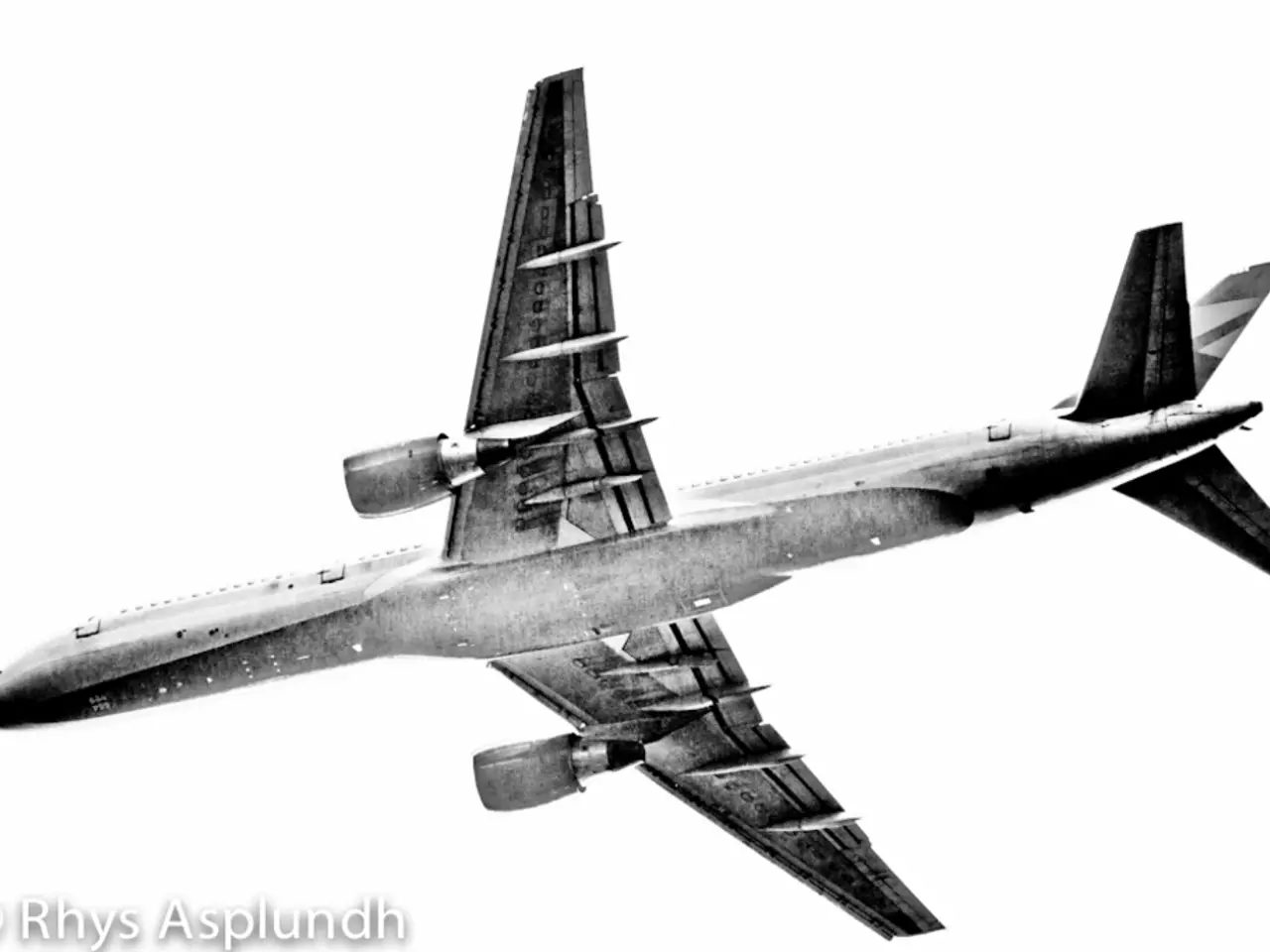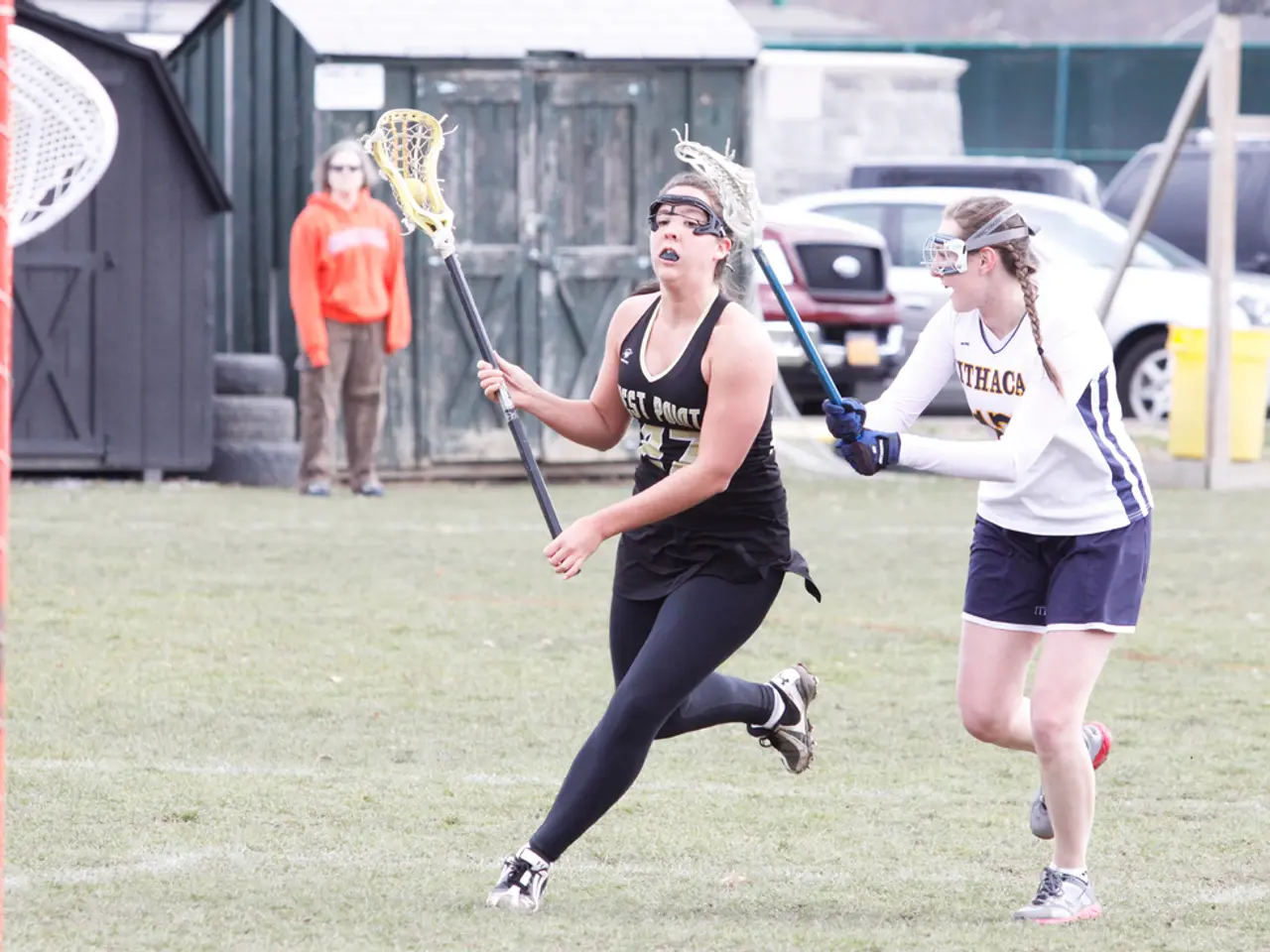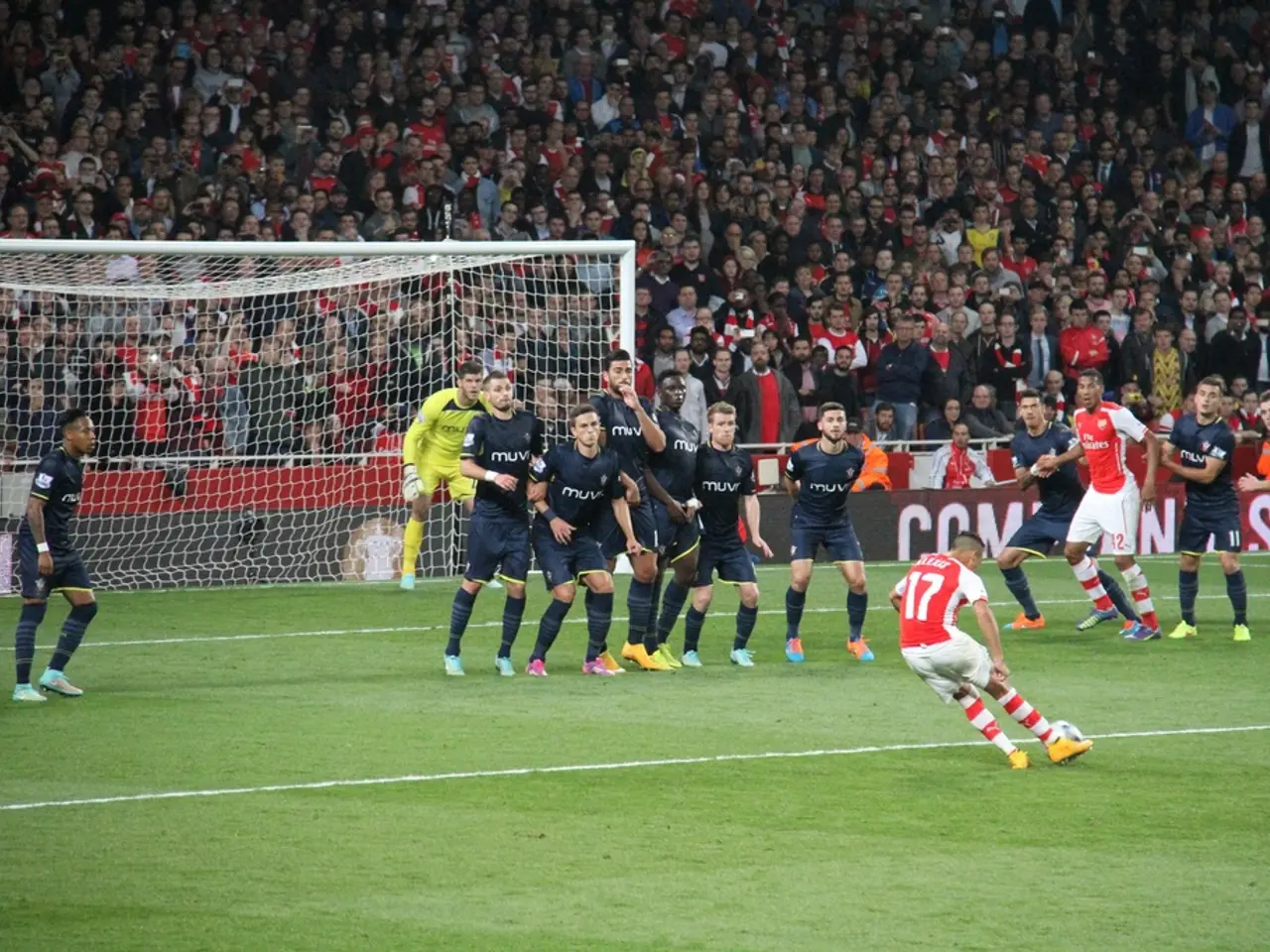"Monday will see Düsseldorf attending an event organized by Alternative for Germany (AfD)"
Controversial AfD Podium Discussion in Düsseldorf Sparks Protests
The Alternative für Deutschland (AfD) party in Düsseldorf is at the centre of a political storm, as the federal branch of the party has been officially classified as a right-wing extremist organization by Germany's domestic intelligence agency, the Federal Office for the Protection of the Constitution (BfV) [2]. The classification reflects serious concerns about elements within the party promoting extremist ideology and having connections to far-right violence.
In a move to present a "harmless" image, the Düsseldorf AfD has invited their mayoral candidate, Claus Henning Gahr, and Hessian state parliamentarian, Anna Nguyen, to a podium discussion in the Bürgerhaus Bilk on May 26th [6]. This event has sparked a wave of opposition, with the alliance "Düsseldorf sets itself across" (DSSQ) calling for a gathering on the same day, with the motto "United in Solidarity against Right-Wing Hate" [7].
The Düsseldorf AfD has been under scrutiny for its connections to organized violent right-wing groups. While the party formally denies cooperation with extremist groups, there is widespread public and political suspicion about its ties to far-right movements and militias [3][4]. Groups such as Pegida, a known far-right extremist grassroots movement advocating anti-Islam and nationalist positions, share ideological overlaps with the AfD and have influenced the political discourse around immigration and nationalism in cities like Düsseldorf and beyond.
The local AfD has become a significant player in the far-right presence in regional politics, contributing to polarized political debates. Large protests against the AfD are common in major German cities, including Düsseldorf, signalling significant opposition among the urban population. These protests often emerge in response to AfD leaders’ public appearances or interviews, as the party is seen by many as a catalyst for xenophobic and nationalist agitation [1].
Mainstream parties, including the ruling Christian Democratic Union (CDU), led federally by Chancellor Friedrich Merz, officially reject cooperation with the AfD. Despite this, there have been parliamentary instances where CDU motions gained majority support with AfD votes, a fact that has sparked controversy and debate about indirect influence [2][5].
The gathering is scheduled to take place in front of the Bürgerhaus Bilk at 6 pm, and participants are encouraged to bring posters, whistles, and anything else that expresses their opinion of the AfD [8]. The counter-protests that have accompanied all AfD events have been present at the Bachsaal in the Bürgerhaus Bilk [9].
Maximilian Lykissas, spokesperson for the alliance "Düsseldorf sets itself across", explains the Düsseldorf AfD's proximity to National Socialist ideology [10]. The forced accommodation of homeless people in the Bergische Barracks, a plan by the Düsseldorf AfD, has further fuelled concerns about the party's far-right agenda.
The events of May 26th in Düsseldorf promise to be a significant moment in the ongoing debate about the role and legitimacy of the AfD in German politics.
The upcoming AfD podium discussion in Düsseldorf, amidst war-and-conflicts and political controversies, has sparked general-news headlines, as it is viewed as an opportunity for the party to present a "harmless" image, despite its controversial connections to crime-and-justice organizations and far-right extremist elements. The counter-protest, "United in Solidarity against Right-Wing Hate," organized by the alliance "Düsseldorf sets itself across," underscores the widespread public opposition to the AfD's general-news involvements and ideologies, fueled by concerns about its proximity to National Socialist ideology and its far-right agenda.





